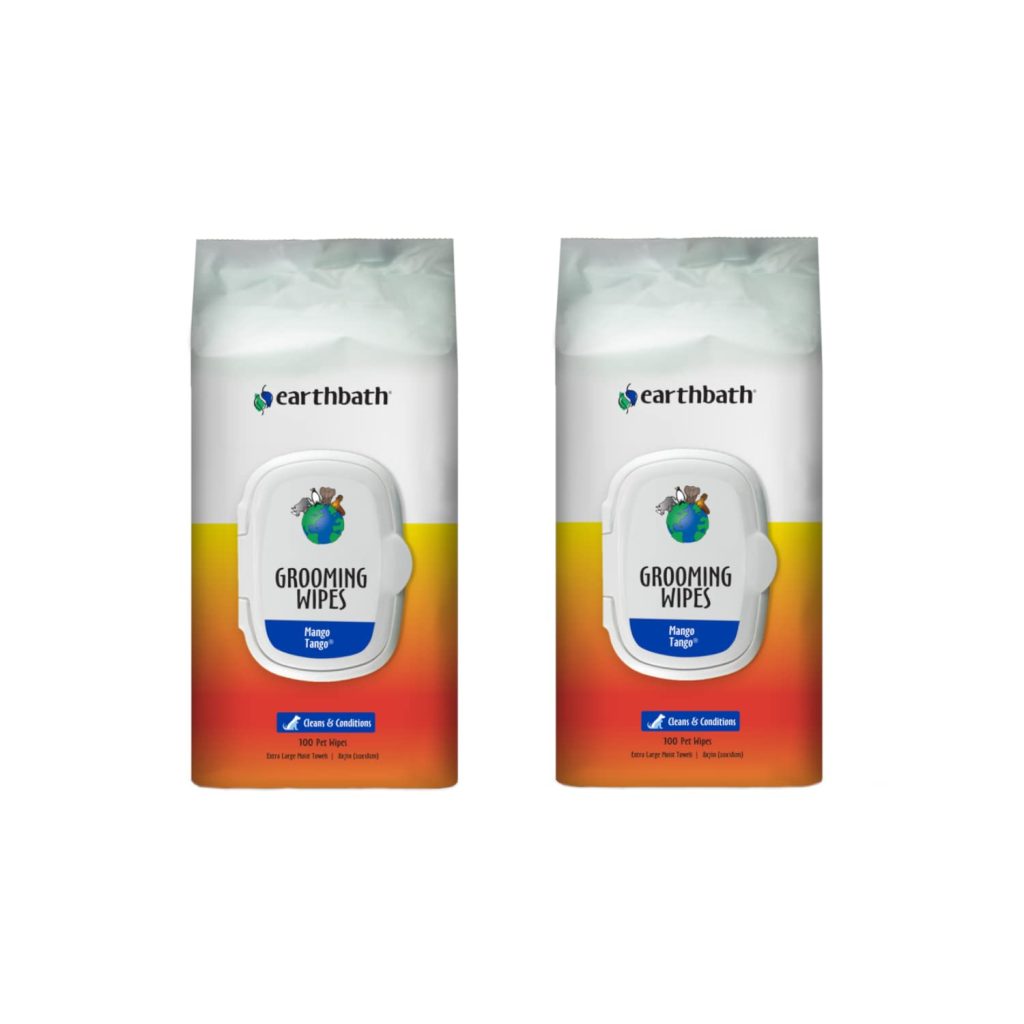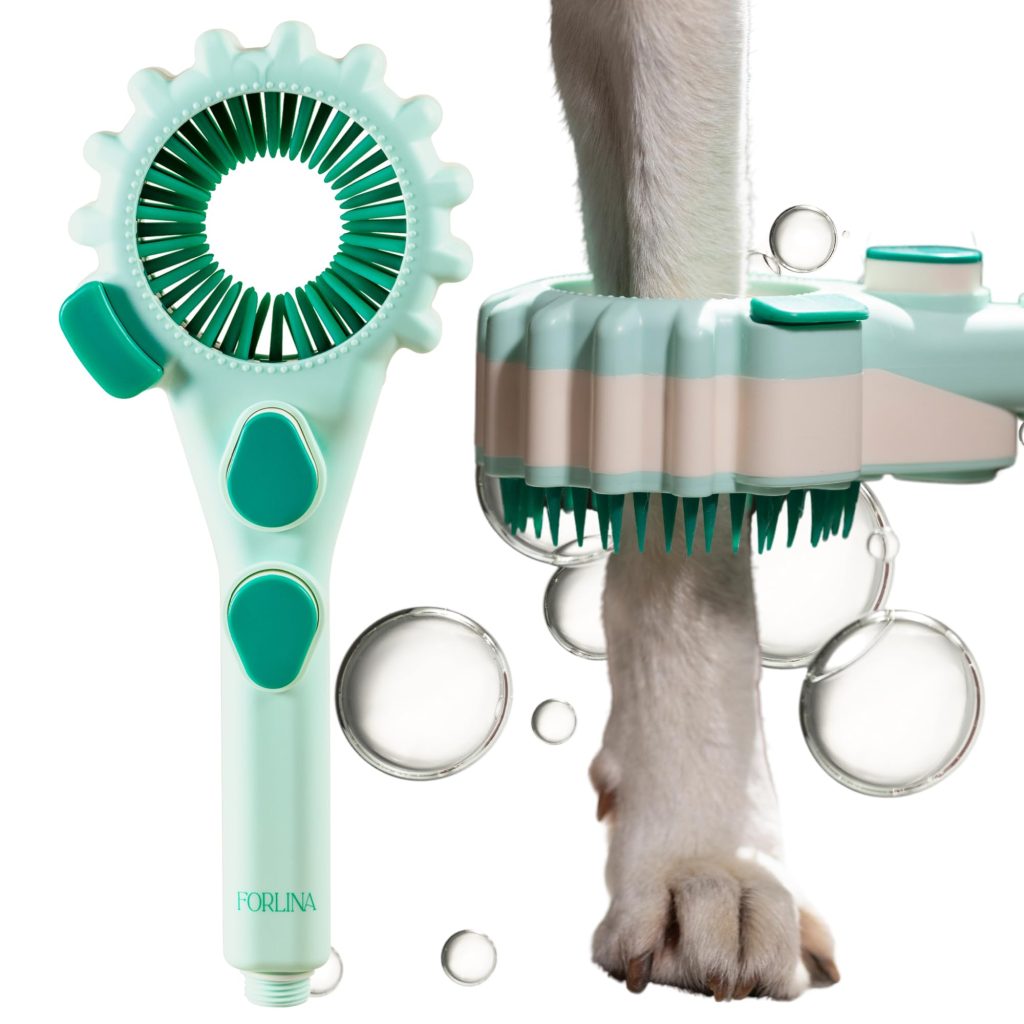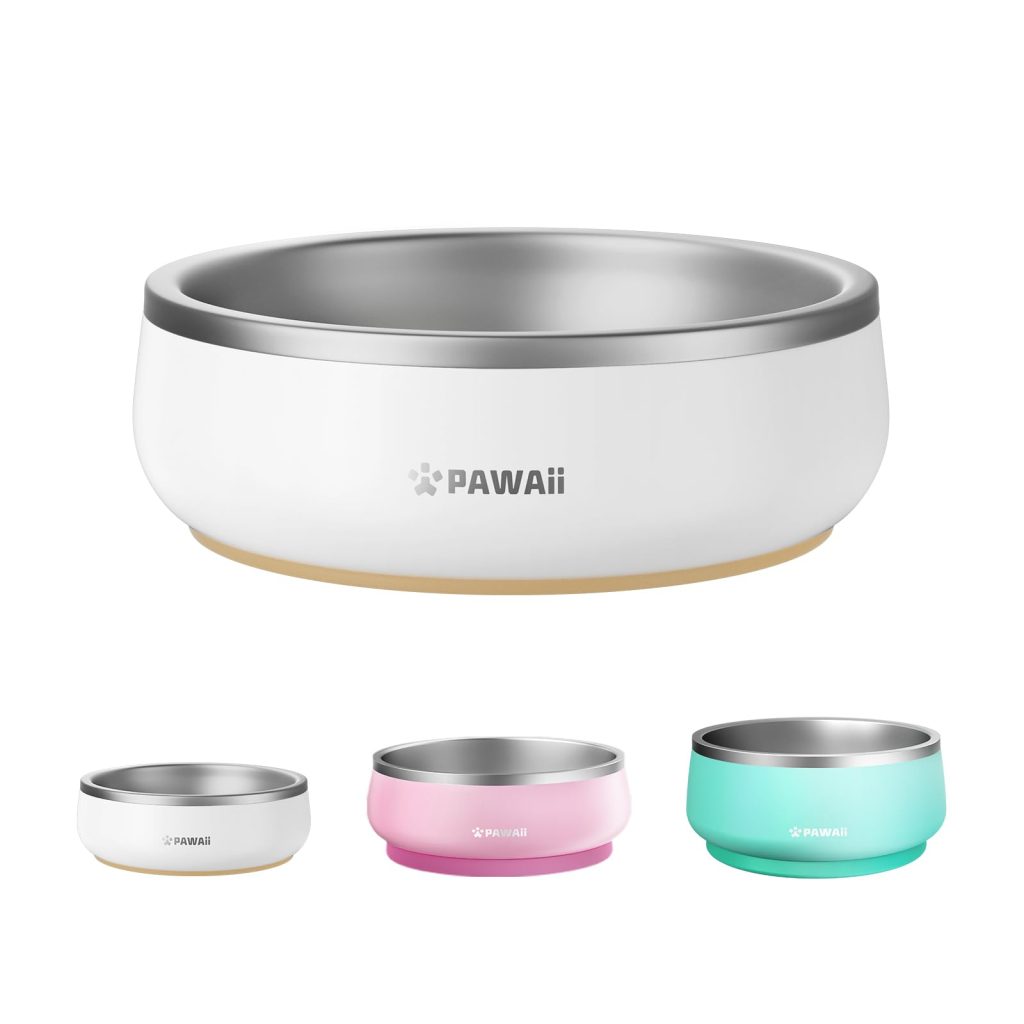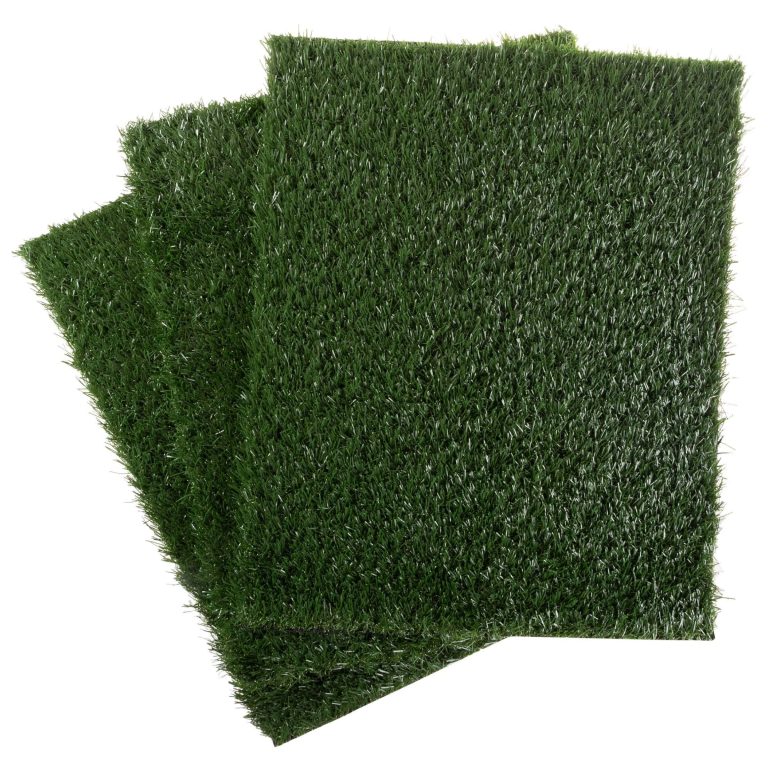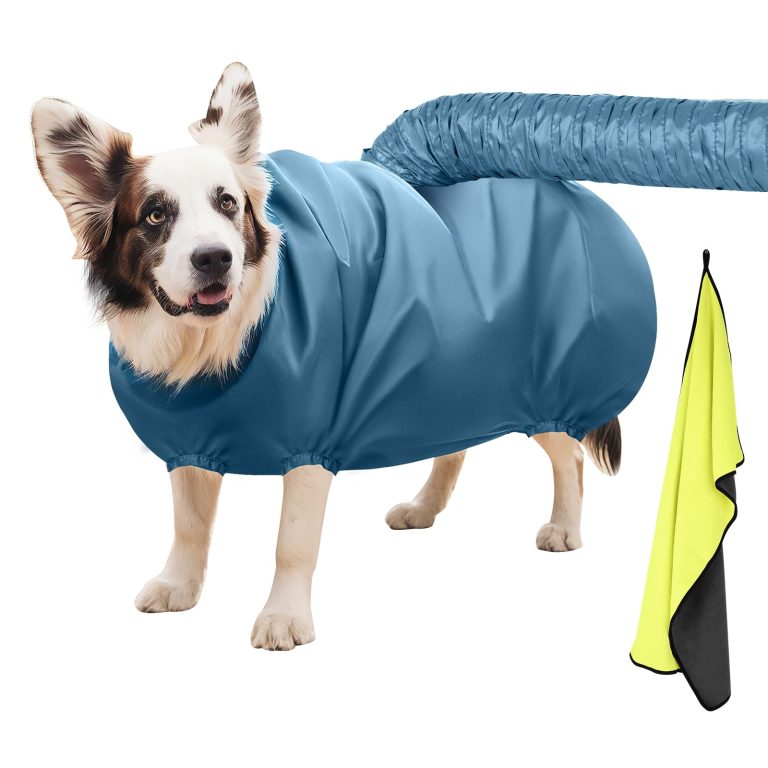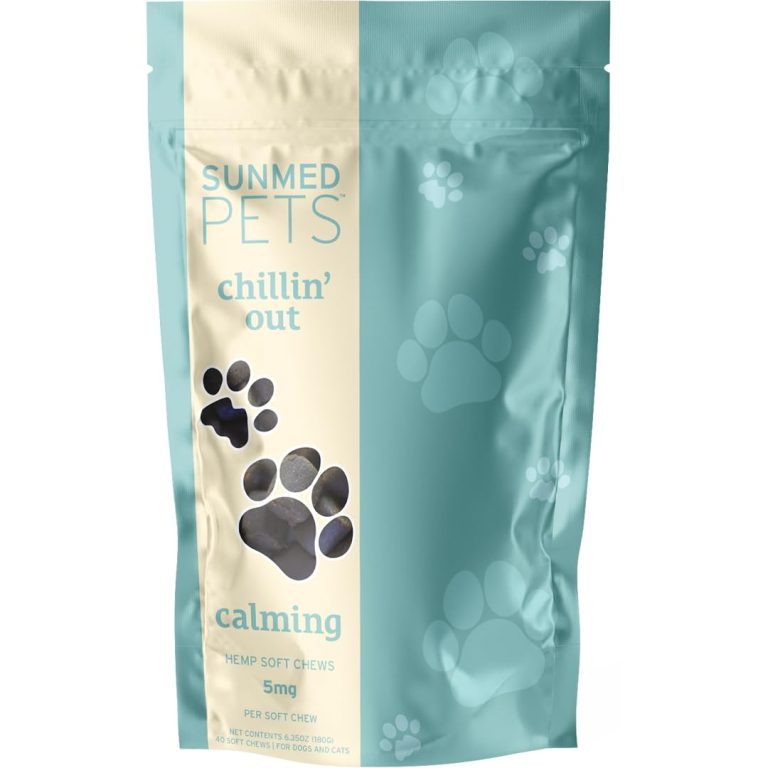Feeding Your Senior Dog: Nutritional Needs and Tips
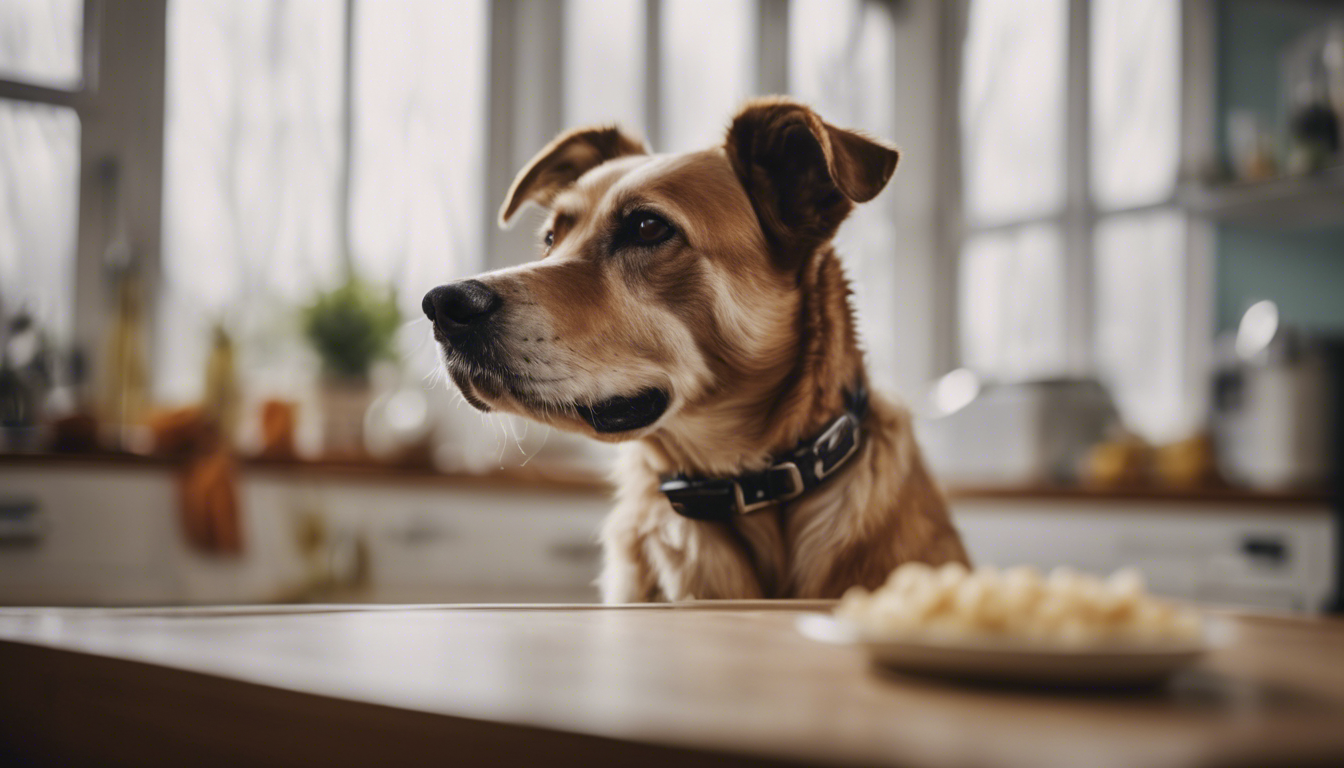
Feeding Your Senior Dog: Nutritional Needs and Tips
As our beloved dogs age, their nutritional needs start to change. Just like humans, their bodies go through various life stages that require adjustments to their diet. Providing a balanced and nourishing diet is essential for promoting their overall health and well-being. In this article, we will explore the essential aspects of canine nutrition and diet, focusing on senior dogs. We will discuss the importance of a balanced diet, the dietary needs for different life stages and breeds, and offer insights into homemade diet options.
A Balanced Diet: The Foundation
A balanced diet forms the foundation of good canine nutrition, regardless of age. However, as dogs enter their senior years, it becomes even more important to provide them with a carefully tailored diet to meet their changing needs. A balanced diet for senior dogs should consist of:
- Protein: High-quality protein sources such as lean meats, poultry, fish, and eggs are essential for maintaining muscle mass and supporting your senior dog’s immune system.
- Fiber: Adequate fiber content helps regulate bowel movements and aids in digestion. Fiber-rich foods like brown rice, sweet potatoes, and vegetables should be included in their diet.
- Healthy Fats: Omega-3 fatty acids provide anti-inflammatory benefits and support brain function. Sources like salmon, flaxseed, and coconut oil can be added to their meals.
- Essential Vitamins and Minerals: Incorporate nutrient-dense fruits and vegetables like blueberries, spinach, and carrots to provide vital vitamins and minerals.
Dietary Needs for Different Life Stages and Breeds
Senior dogs have unique dietary requirements, and these can vary depending on their life stage and breed. Here are some key considerations:
Life Stages
- Adult to Senior: When transitioning from an adult to a senior diet, it is important to gradually introduce the new food over a period of 7-10 days to avoid digestive upset. Monitor your dog’s weight and adjust the portions accordingly.
- Early Senior: During the early senior years, focus on a diet that supports joint health. Look for foods enriched with glucosamine and chondroitin to promote mobility and ease stiffness.
- Late Senior: As dogs reach late senior years, they may require fewer calories due to decreased activity levels. Switching to a senior-specific formula with adjusted calorie levels can help maintain a healthy weight.
Breeds
Breed-specific nutritional needs should also be taken into account when formulating a diet for your senior dog. Large breeds may have a greater risk of developing joint issues, requiring diets with added joint-supporting nutrients. Small breeds, on the other hand, may benefit from smaller kibble sizes to aid chewing and digestion.
Homemade Diet Options
Some pet owners prefer preparing homemade meals for their senior dogs. While this can be a viable option, it’s important to consult with a veterinarian or a veterinary nutritionist to ensure that the diet is nutritionally balanced and appropriate for your dog’s specific needs. Here are some tips to consider:
1. Research and consult: Thoroughly research canine nutrition and work closely with a professional to develop a well-balanced homemade diet plan.
2. Variety is key: Include a mix of lean proteins, healthy fats, fiber-rich carbohydrates, and a variety of fruits and vegetables to provide a wide range of nutrients.
3. Proper portioning: Ensure you are feeding appropriate portion sizes to maintain a healthy weight and prevent deficiencies or excesses.
4. Calcium and phosphorus balance: Maintain the correct ratio of calcium and phosphorus to support bone health. Consult with a professional to determine the right supplements if needed.
5. Avoid harmful foods: Some foods that are safe for humans can be toxic to dogs. Avoid ingredients like onions, garlic, chocolate, grapes, and raisins.
To wrap it up, providing a balanced and nutritionally-rich diet is essential for keeping our senior dogs healthy and thriving. By understanding their changing needs and tailoring their diet accordingly, we can contribute to their overall well-being. Whether you choose commercial diets or opt for homemade meals, always consult with a veterinary professional to ensure your senior dog’s nutritional needs are being met. With proper nutrition, we can help our furry companions age gracefully while enjoying a high quality of life.
